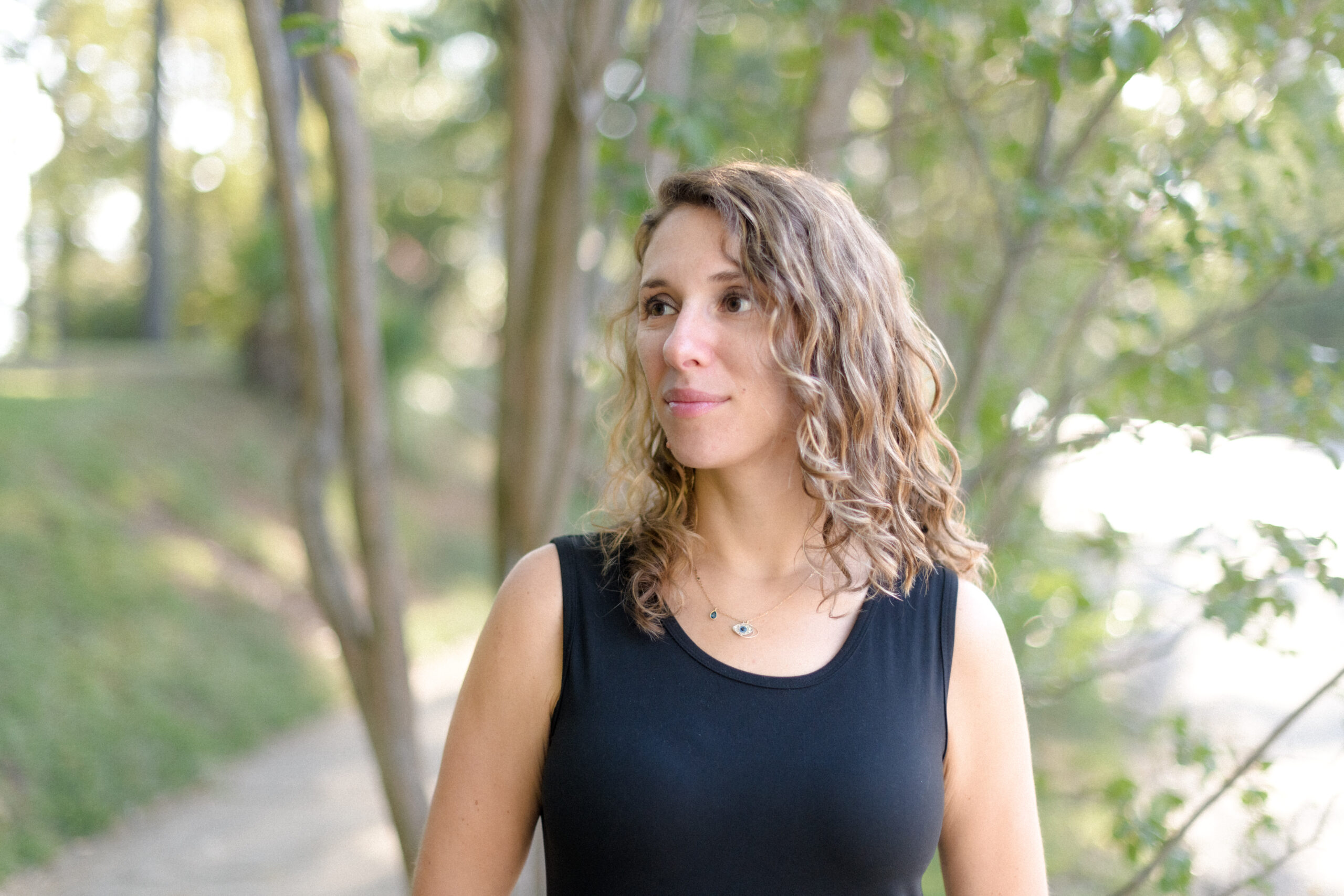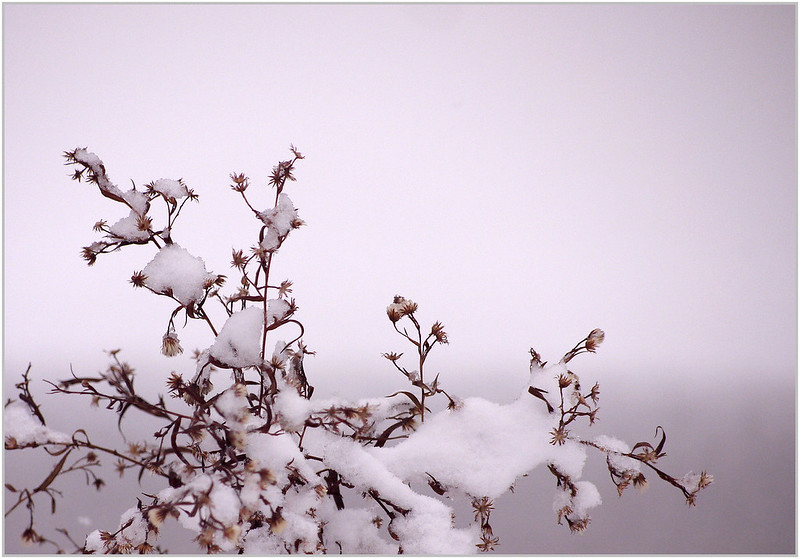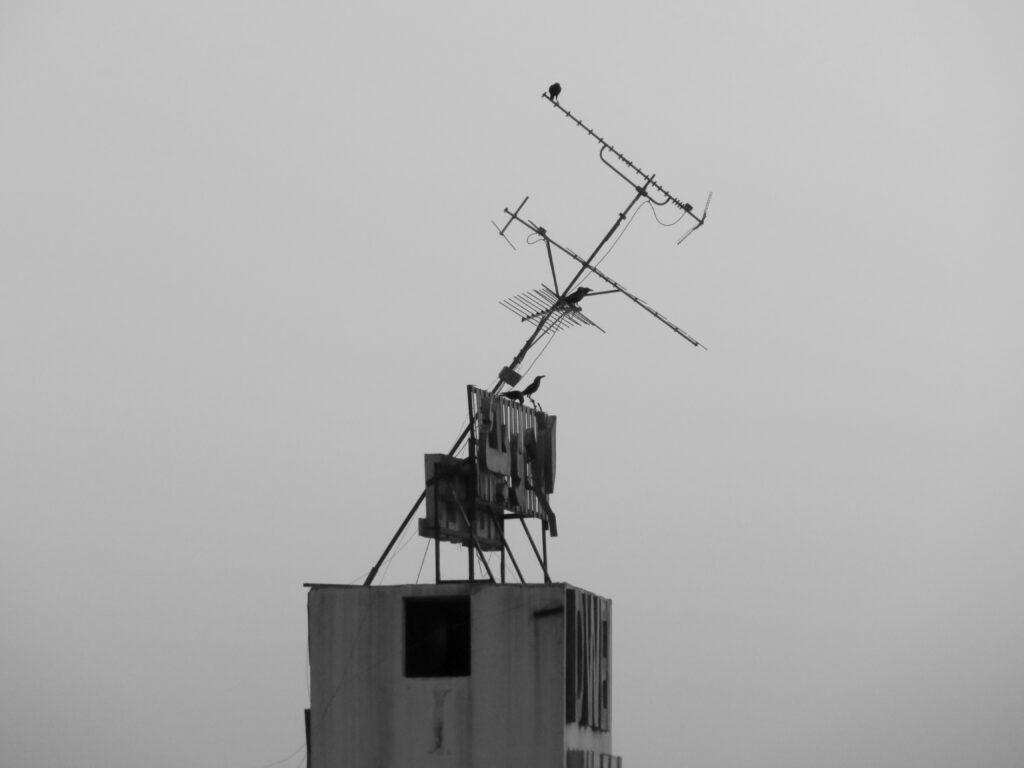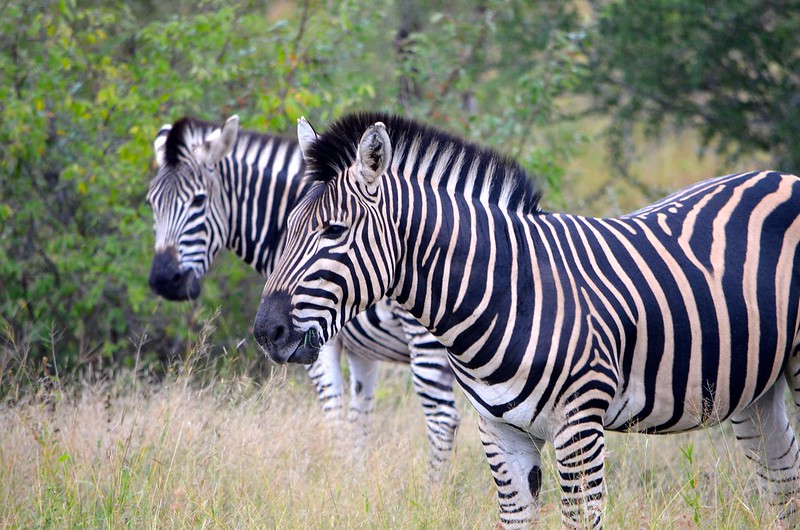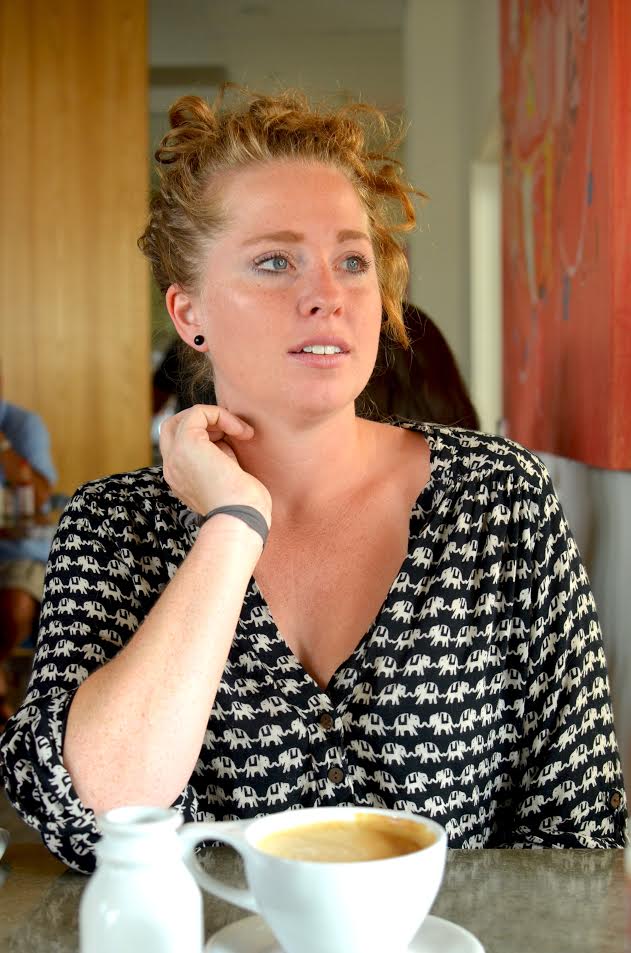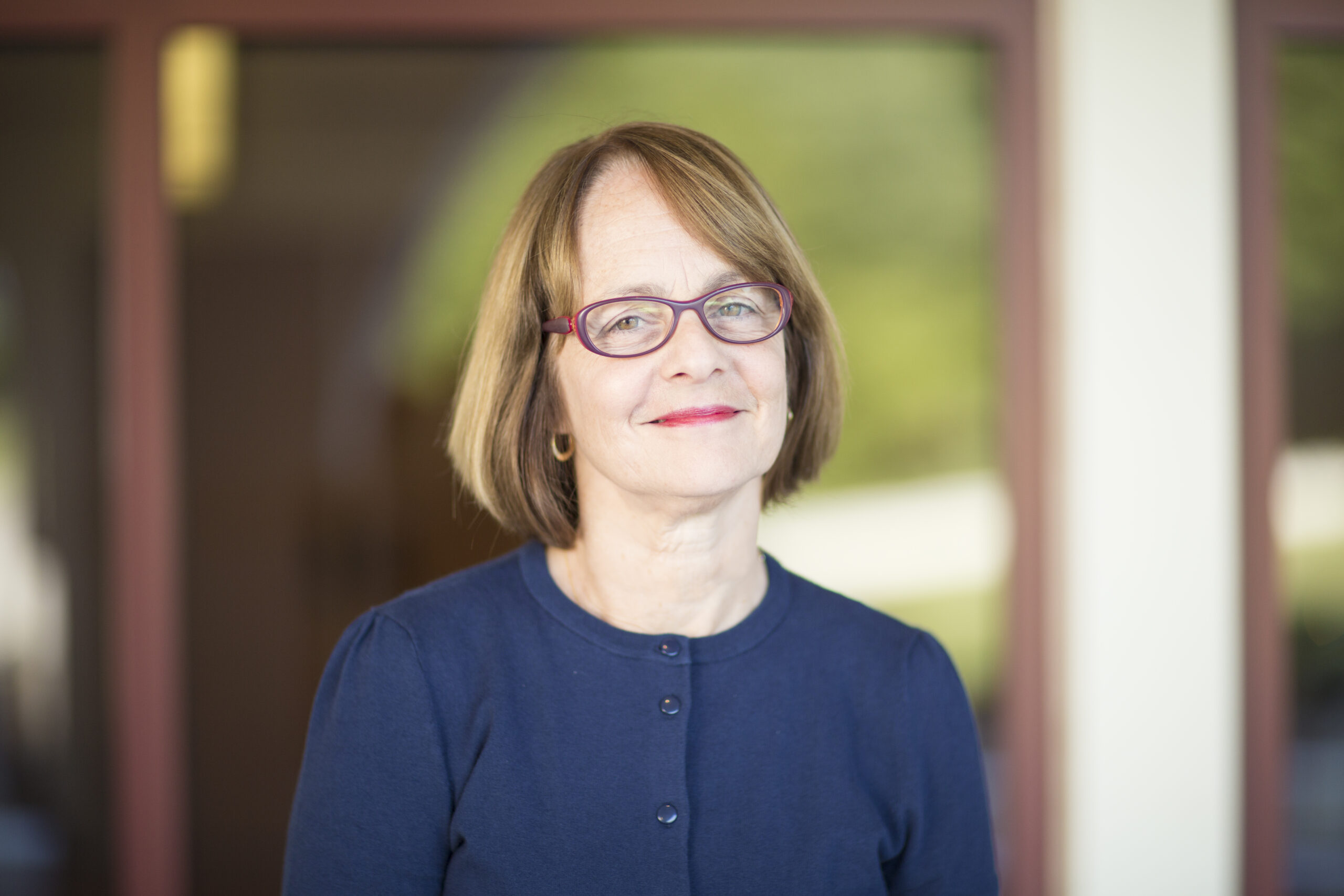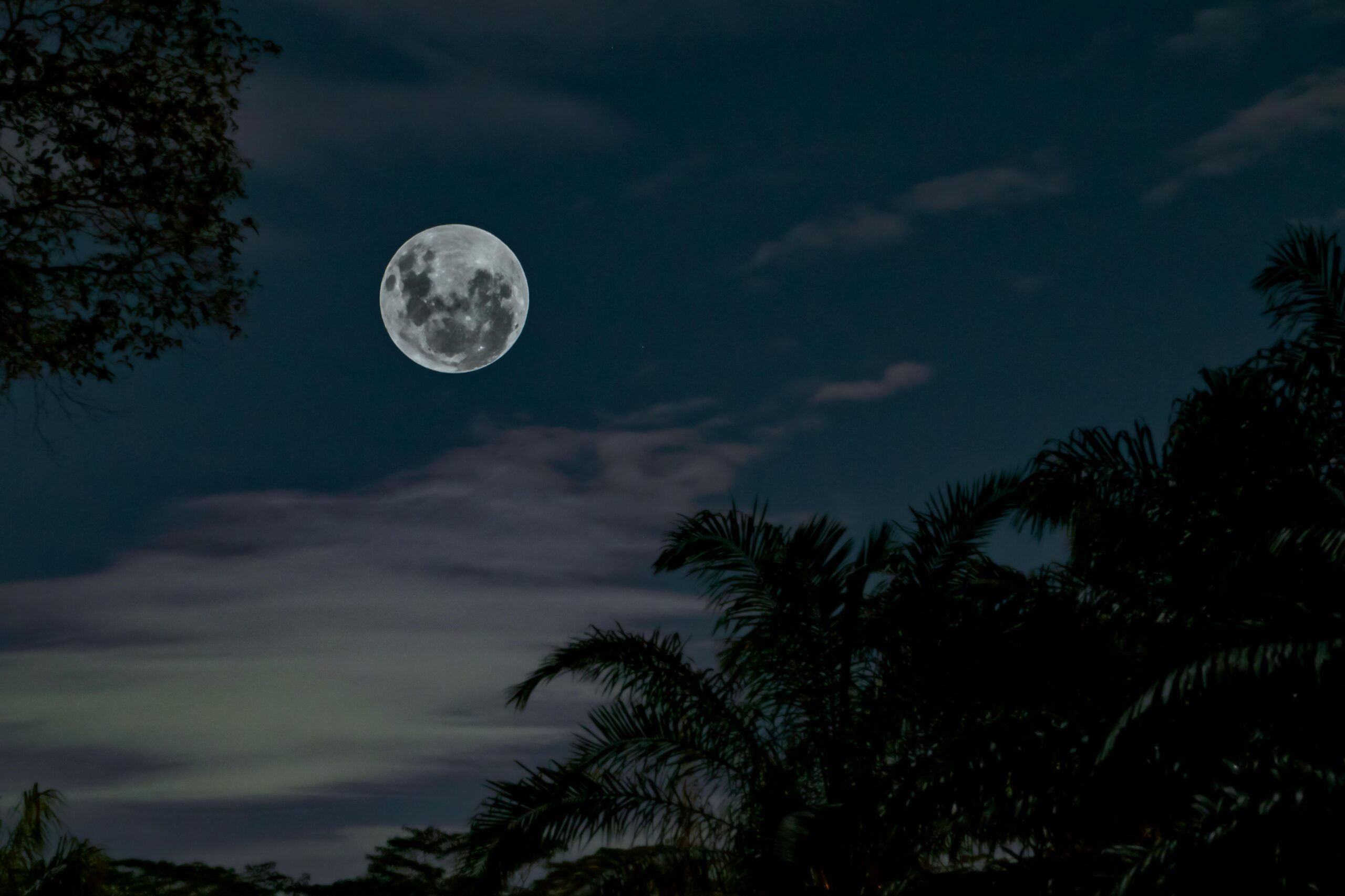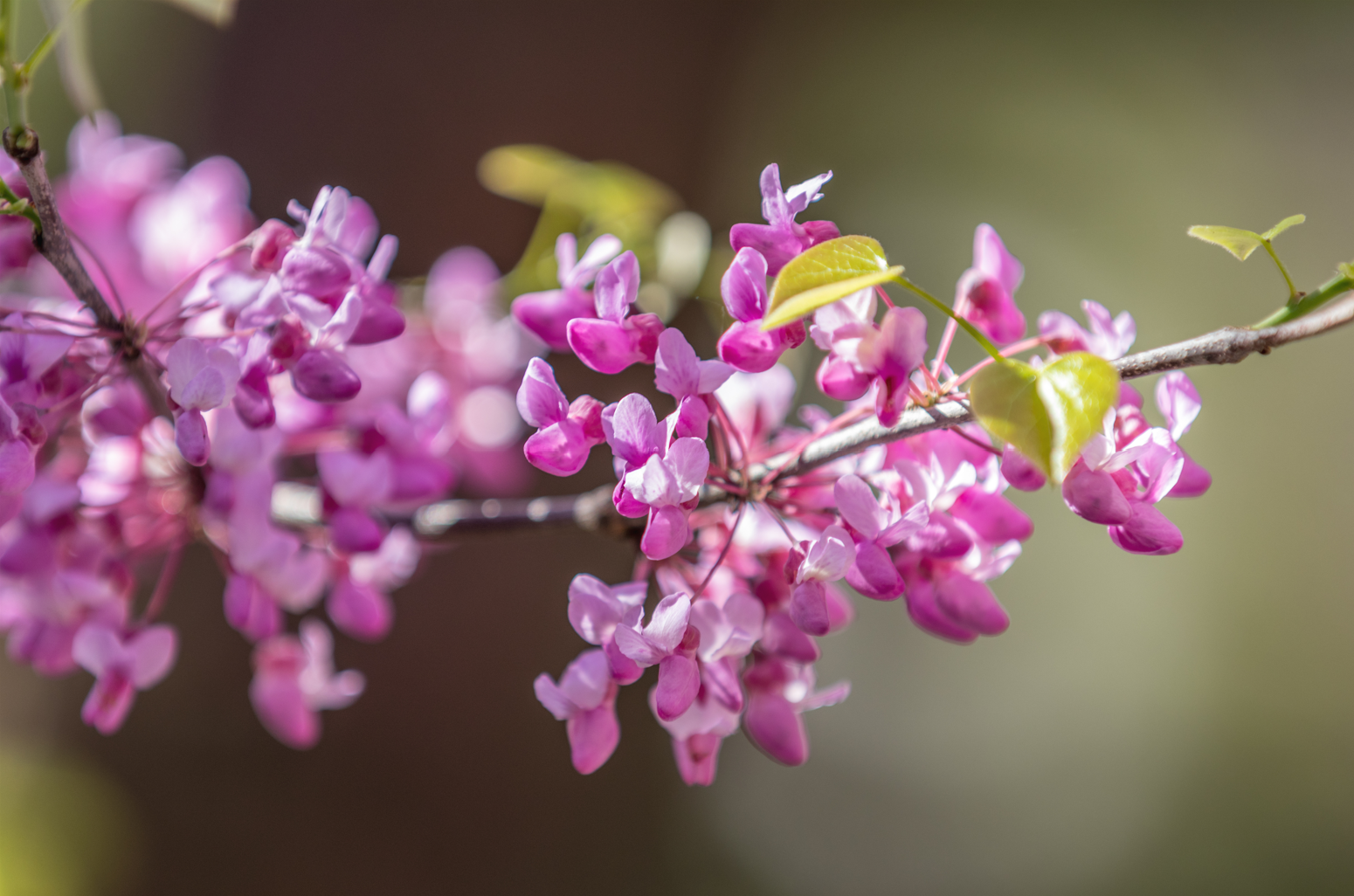By MARIAM ITANI
Translated by WIAM EL-TAMAMI
On Greetings
Hello, Amman. Greetings to you, your people, your streets, to all the surprises and endless stories you have hidden up your sleeves. I landed here ten years after marrying one of your sons, fulfilling the prophecy of my grandmother, who always said, “Wherever you go, life will take you to Amman.” Yet coming to Amman was actually the last thing my husband and I expected to do.
We arrived at the wrong time, in the blazing heat of August. My oldest son, Izzeddin, was very happy, because he’d had two birthdays: one in Beirut, another in Amman. As for my daughter, I’d left her behind in Beirut with my grandmother, buried in the same earth, keeping each other company. I visit her more there than I would if she were buried in the cemetery here, far away from the city, covered in layers of dust and mirage. Coming onto the airplane, I was told by the flight attendant that this would be the last time I would be allowed to board a plane, because it looked as though I was about to give birth. I told her that I had decided to give birth in Amman, and showed her the doctor’s reports that allowed me to travel. I took hold of Izzeddin’s hand, and we sat in the very first seats on the plane. It was my first time booking business class from Beirut to Amman, because that gave us extra baggage allowance—something we desperately needed.
